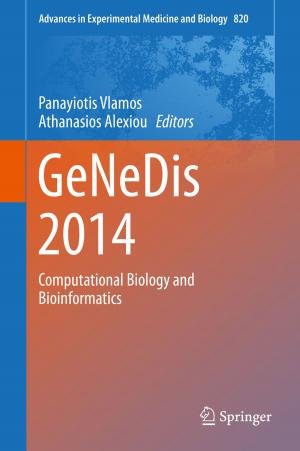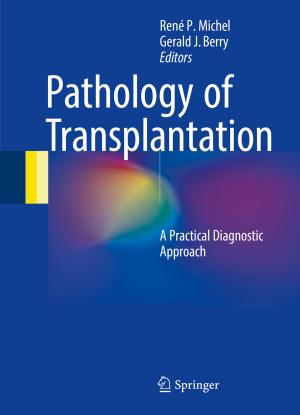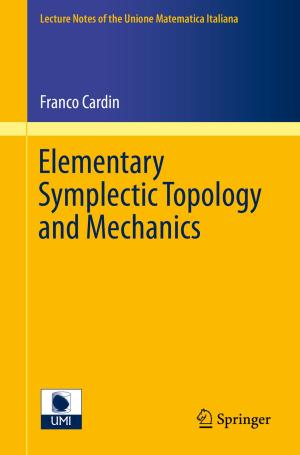The International Legal Responsibility of the European Union in the Context of the World Trade Organization in Areas of Non-Conferred Competences
Nonfiction, Reference & Language, Law, Arbitration, Negotiation, & Mediation, International| Author: | Plarent Ruka | ISBN: | 9783319571775 |
| Publisher: | Springer International Publishing | Publication: | May 11, 2017 |
| Imprint: | Springer | Language: | English |
| Author: | Plarent Ruka |
| ISBN: | 9783319571775 |
| Publisher: | Springer International Publishing |
| Publication: | May 11, 2017 |
| Imprint: | Springer |
| Language: | English |
This work focuses on the EU’s participation in the Dispute Settlement Proceedings (DSP) of the WTO for matters of non-conferred competences. The underlying thesis is that the joint membership of the EU and its Member States is fallacious, in that it could cause the EU to become responsible for violations of the WTO regulations on the part of the Member States. Such fallacies are rooted in the blurred nature of the distribution of powers in the EU polity.
In order to tackle the issue of international responsibility, the analysis is based on the facts of a real-world case. Based on the tenets of public international law, the law of mixed agreements and the EU constitutional principles, the book puts forward a model for the EU’s participation in the DSP, and for the reallocation of burdens to the respective responsible entity. This proposition deconstructs the joint responsibility regime and endorses a solution that could address the issue of responsibility in mixed agreements without a declaration of powers.
This work focuses on the EU’s participation in the Dispute Settlement Proceedings (DSP) of the WTO for matters of non-conferred competences. The underlying thesis is that the joint membership of the EU and its Member States is fallacious, in that it could cause the EU to become responsible for violations of the WTO regulations on the part of the Member States. Such fallacies are rooted in the blurred nature of the distribution of powers in the EU polity.
In order to tackle the issue of international responsibility, the analysis is based on the facts of a real-world case. Based on the tenets of public international law, the law of mixed agreements and the EU constitutional principles, the book puts forward a model for the EU’s participation in the DSP, and for the reallocation of burdens to the respective responsible entity. This proposition deconstructs the joint responsibility regime and endorses a solution that could address the issue of responsibility in mixed agreements without a declaration of powers.















